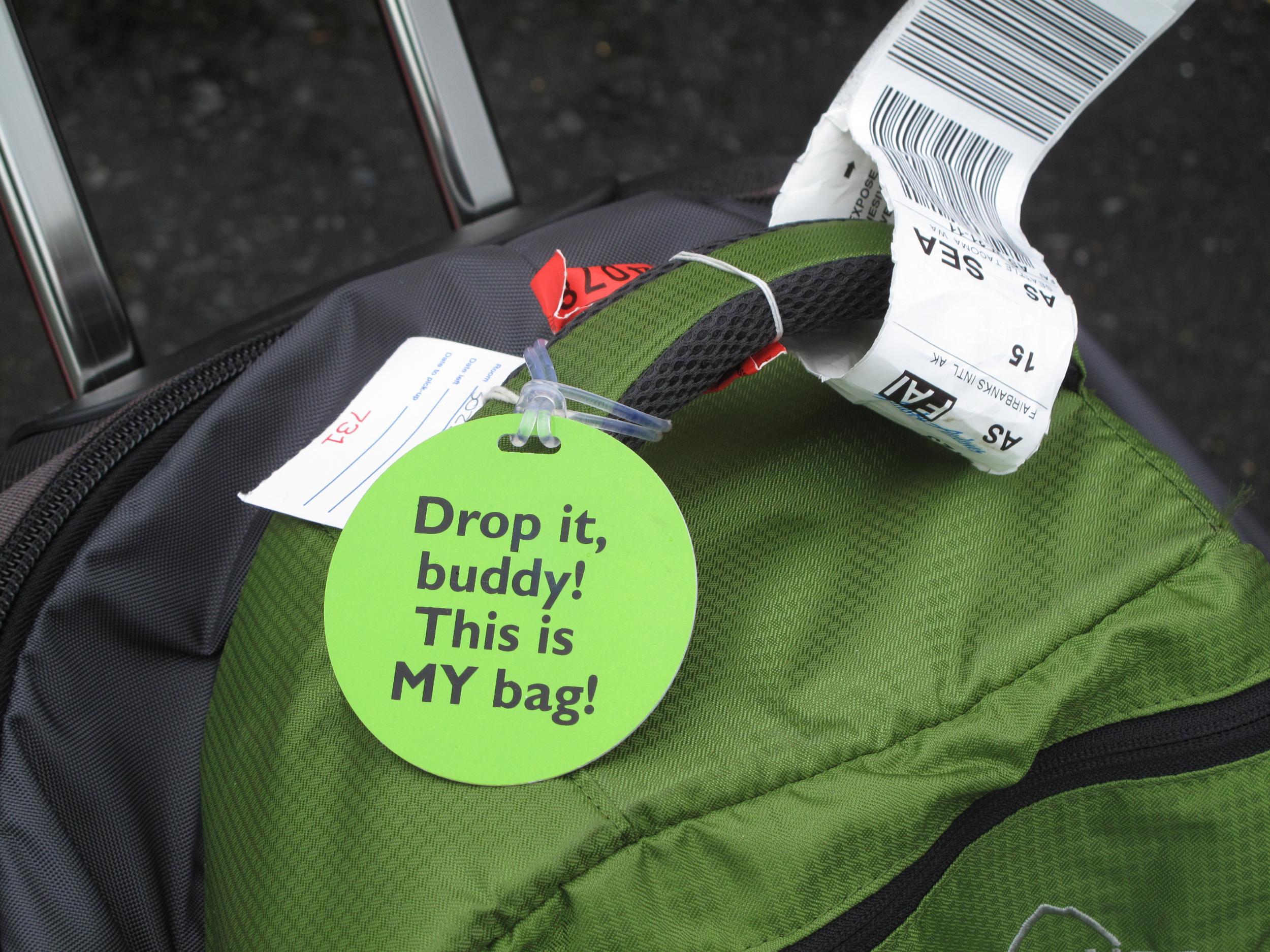Carry on carrying on - why DIY baggage handling is a smart idea
Should airlines suspend their checked bag fees to reduce the worst of the waits at security?

Your support helps us to tell the story
From reproductive rights to climate change to Big Tech, The Independent is on the ground when the story is developing. Whether it's investigating the financials of Elon Musk's pro-Trump PAC or producing our latest documentary, 'The A Word', which shines a light on the American women fighting for reproductive rights, we know how important it is to parse out the facts from the messaging.
At such a critical moment in US history, we need reporters on the ground. Your donation allows us to keep sending journalists to speak to both sides of the story.
The Independent is trusted by Americans across the entire political spectrum. And unlike many other quality news outlets, we choose not to lock Americans out of our reporting and analysis with paywalls. We believe quality journalism should be available to everyone, paid for by those who can afford it.
Your support makes all the difference.Even if you are a regular visitor to the US, Senators Edward Markey and Richard Blumenthal may not previously have been on your radar. But if the New England Democrats achieve their aim this summer, many travellers may thank them.
“We write in the wake of reports of staggeringly-long lines expected this summer at Transportation Security Administration (TSA) screening checkpoints in airports across the country,” the senators wrote in a letter to America’s domestic carriers.
“We call on airlines to take a smart, common sense step to help thwart this growing problem: stop charging checked bag fees during the coming summer.”
A simple solution, you might think. For the busiest travel season of the year, carriers can help reduce the number of bags that passengers carry through the security checkpoint. The result: fewer snarl-ups, shorter lines, happier travellers.
As evidence, the senators say: “TSA has informed us that checkpoints serving carriers that charge baggage fees see 27 percent more roller bags than checkpoints serving carriers that do not charge such fees.“ They also note that checked bag fees on domestic flights rose by two-thirds in the five years to 2014.
The root of this problem - if that’s what it is - is just a decade old. Checked bag fees were dreamed up not in Atlanta or Chicago or Dallas, but in Exeter. Until 2006 just about every carrier offered passengers the chance to check in a bag free of charge, the only variable being the weight limit. Then the regional airline Flybe, based at the Devon airport, decided to see what would happen when it turned checked baggage from a cost into a revenue opportunity.
Some passengers happily paid the checked bag fee (which began at a very modest £2.50 one-way) and therefore directly contributed to the ground handling, while others were incentivised to act as amateur baggage handlers and reduce the carrier’s costs.
So successful was the experiment that airlines across the world soon embraced the concept. British Airways held out until 2013, but now happily offers “hand-baggage only” fares - representing checked bags fee by any other name - on European flights. And the workload of the security staff at the checkpoint has increased commensurately.
In the US, slow lines have been exacerbated by cutbacks in TSA budgets. So you might imagine that the well-meaning senators have come up with a splendid way to reduce the tens of thousands of people in a typical week who miss their flights due to long waits at security at American airports.
But the airlines will do everything they can to fight such a move. Earnings from checked bags constitute “ancillary revenue,” and comprise an increasingly important part of any airline’s profitability. Even Southwest, which allows two free bags, is against the idea - because it will lose a key point of difference.
A deeper reason for rejecting the idea is that it treats only the worst of the symptoms rather than the causes of the problem. Good aviation security requires investment in sophisticated equipment, and recruiting plenty of talented staff at better than minimum wage.
The long-term solution could be Smart Security, a joint project by the airlines’ global organisation, IATA, and Airports Council International. In a decade from now you and I could be strolling through a corridor barely aware that a wall of technology is assessing the threat we might offer.
Until that happy day, I shall carry on carrying on. The cash saving is welcome, but more importantly the chance that a bag will be mishandled is dramatically reduced when you are the baggage handler.
Join our commenting forum
Join thought-provoking conversations, follow other Independent readers and see their replies
Comments